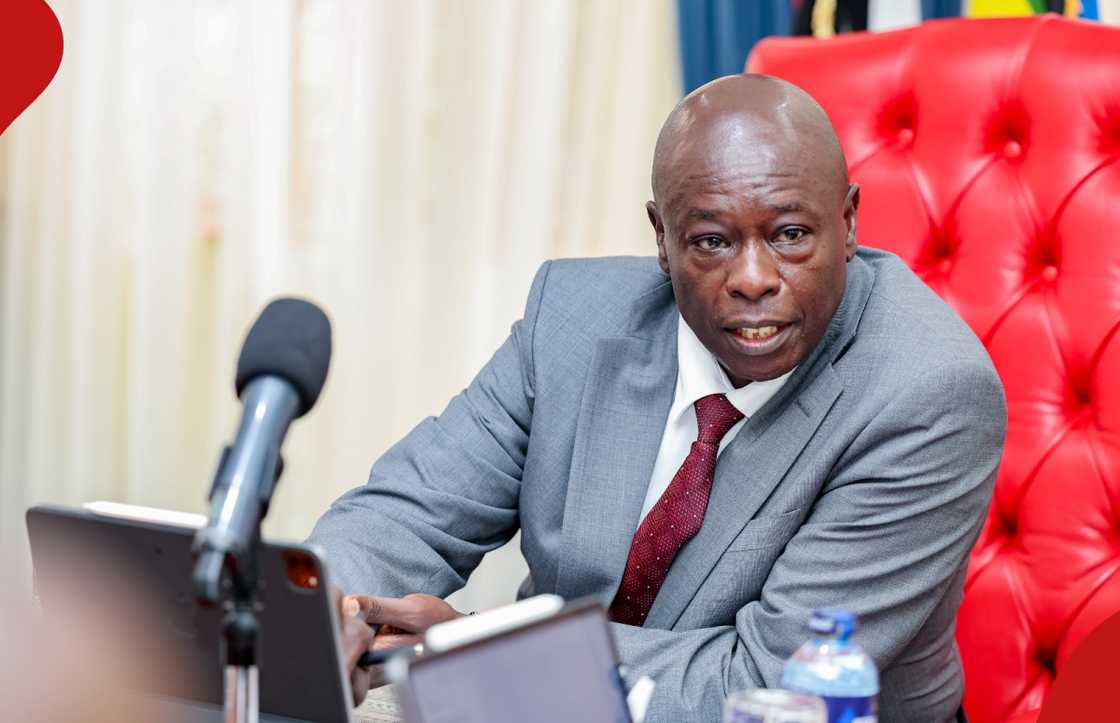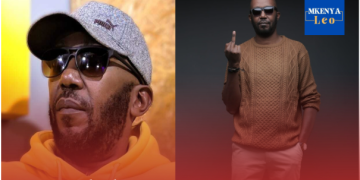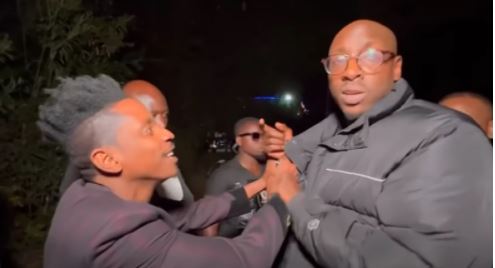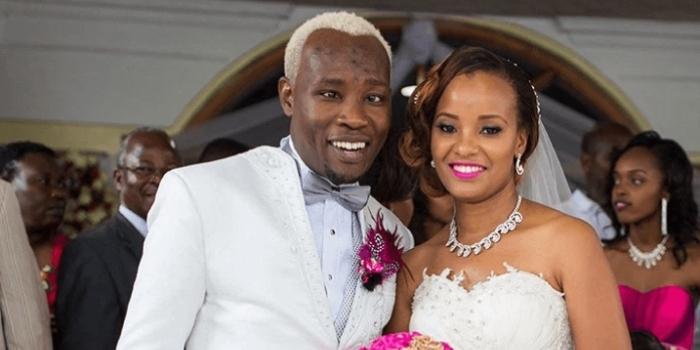Tanzania has been rocked by a wave of fear and fury after prominent opposition leader Tundu Lissu was charged with treason, just a day after being violently arrested following a peaceful rally in the country’s south.
The charge — a grave and chilling escalation — stems from Lissu’s nationwide campaign under the slogan “No Reforms, No Election,” a bold call for electoral justice ahead of the upcoming October polls. His demand? A fair electoral commission not handpicked by the ruling regime. His fate? Now hanging by a thread.
Tundu Lissu, leader of the opposition Chadema party, was widely expected to challenge President Samia Suluhu Hassan in the election. But instead of debate and democracy, the country now finds itself in the shadow of a treason trial — a move critics say is designed to crush dissent and silence reformists.
The betrayal of hope cuts deep. When President Samia assumed office in 2021 following the sudden death of John Magufuli, she was hailed as a breath of fresh air — a reformer, a peacemaker. But the mask has slipped. Over the past year, her government has been accused of orchestrating arrests, abductions, and now, allegedly, abuse of state power to eliminate opposition voices.
Lissu, a fearless survivor of a 2017 assassination attempt in which he was shot 16 times, has long stood as a symbol of resistance in Tanzanian politics. Forced into exile, he returned in 2023, hoping a new political dawn had arrived under Samia. Instead, he is now facing charges that could carry the death penalty in one of the world’s most unforgiving legal systems.
Earlier this week, Tanzanian police used tear gas and brute force to disperse peaceful Chadema supporters who had gathered to demand his release. A press conference by party leaders was violently blocked, with witnesses describing chaos and fear on the streets.
“We are shocked. This is persecution. It’s state terror,” said one distraught Chadema supporter. “How can treason be the charge for simply asking for fair elections?”
Human rights groups have condemned the crackdown in the strongest terms. A national lawyers’ association called the treason charge an egregious abuse of power, warning that Tanzania was sliding back into authoritarianism.
The ruling party, CCM, has denied orchestrating the clampdown. But the writing is on the wall: reformers are being silenced, democracy is on trial, and the October elections are already being cast in a grim, undemocratic light.
Lissu’s trial has been postponed until 24 April, but the scars are already forming. For many, this is more than a political moment — it’s a national tragedy.
And in the face of this darkness, the question on everyone’s lips: If asking for democracy is treason, what kind of country has Tanzania become?










































